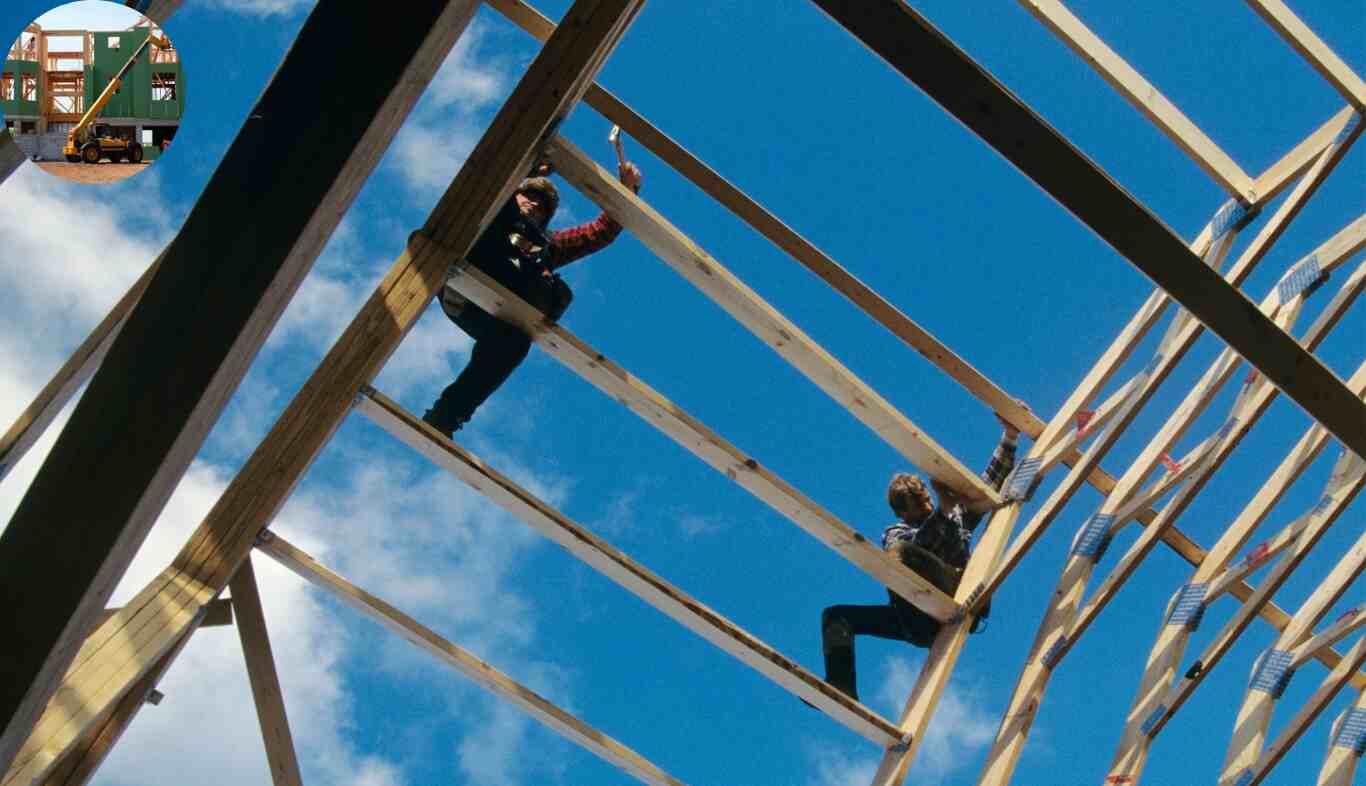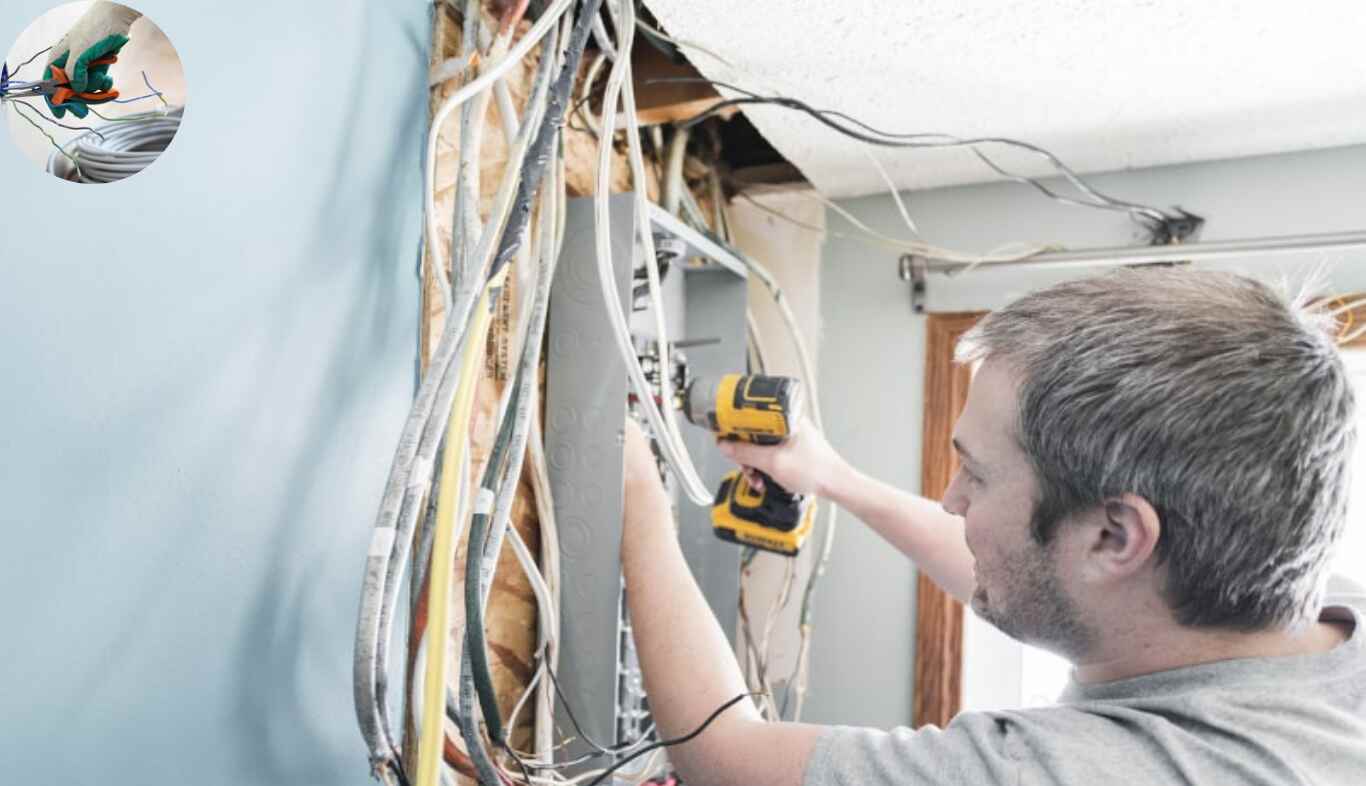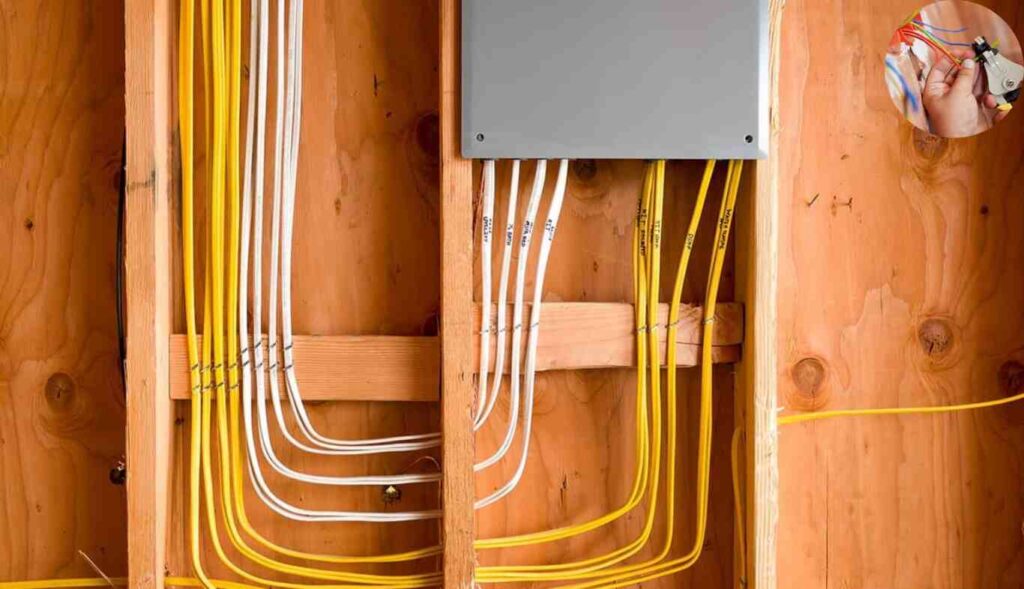Rewiring your home is a major project, but one that keeps you safe, makes your home functional and often adds value. If you want to learn about how much it costs to rewire a 1,500 sq ft house, you have come to the right place.
Rewiring a house is more than just an offering of an upgraded electrical system; it is going to ensure that your family and property are safe. Old wires can create electrical hazards such as fires, shocks or blackouts. Modern wiring systems are built to accommodate the high-tech appliances, smart devices, and energy-efficient solutions of today.
Square Footage Your home square footage is a critical factor when determining rewiring costs. Given that a 1,500 sq ft house is a very typical size for a single-family dwelling, it is a great measure for homeowners considering a project of this scale. Getting an idea of the costs for a house this size will give you a ballpark estimate for homes of different sizes.
Break Down Average Costs for a 1,500 Sq Ft House

Rewiring costs can vary widely depending on the several factors. Here is a breakdown of the average cost to rewire a 1,500 sq ft home.
Base Cost Estimate
There are multiple aspects to consider in rewiring a home, and each adds to the total cost:
- Tools and Materials: You will need copper wiring, outlets, switches and junction boxes. Many homes also require an upgrade to incorporate a service panel to manage today’s electrical demands. Copper wiring is the industry standard, though more expensive than alternatives like aluminum, for its durability and conductivity.
- Labor: The hourly rates for electricians can range from $50 –$150 depending on experience, skill, region, and other factors. Labor cost usually tend to be one of the largest components of the cost.
- Permits and Inspections_: Any rewiring jobs will require permits and inspections from local building codes. Permit fees usually fall between $100 and $500, but can differ by city or state.
- Overall Range: Rewiring a 1,500 sq ft house usually costs you around $8,000 to $15,000+, depending on your project location, project complexity, materials, etc.
- Cost Per Square Foot
- Also read (3 inch house numbers)
Another best way to estimate costs would b to analyze the cost per square foot:
General Range: $5–$10/sq ft for typical rewiring
Why Size Matters: Bigger homes need more wiring, more labor, and sometimes bigger upgrades to the electrical panel. A 1,500 sq unit house is large enough to involve the right deal of work, though not so big that it becomes unmanageable.
What Influences The Costs Of Rewiring

There are metrics that affect the price of rewiring a 1,500 sq ft house, knowing them can help you budget the cost wisely.
House Size and Layout
Accessibility of Wiring: Homes with accessible crawl spaces or open walls (such as during renovations) will cost less to rewire than hard-to-reach wiring.
Number of Outlets and Switches: The more fixtures you have in your home, the higher your material, and labor will cost.
Age and Condition of Wiring
Old Systems: Older houses with knob-and-tube or aluminum wiring systems are more complicated and costly to rewiring. In fact, these systems often need to be entirely removed before any new wiring is put in.
Damage or Hazards: Rodent damage, frayed wires, or other hazards can drive up labor costs, as electricians must address those issues before installing new wiring.
Materials and Quality
Copper vs. Aluminum Wiring: Most electricians prefer copper wiring for its reliability, though it comes with a higher price tag than other options. Aluminum wiring is less common and cheaper than copper, but has safety concerns.
Service Panel Upgrades: Today, we have new appliances and the need for more power to run devices, often requiring a new electrical panel. Upgrades range from $1,000 to $3,000.
Labor and Contractor Fees
Experience and Reputation: Licensed electricians with more years of experience tend to charge more but are less likely to make mistakes. Not to mention, hiring the right pro can actually save you money in the long run because you won’t make costly mistakes.
Place: Labor and material costs are typically higher in urban areas than in rural areas.
Upgrades and Add-Ons
Smart Home Technology: Outlets, dimmers or an automation system may be added for an increased cost but can save energy and are often very convenient
High-Voltage Outlets: If you’ll be adding an EV charger or heavy appliances, you will need high-voltage outlets, and that can also drive up costs.
Energy Saving Tips For Home Owner

Rewiring a home is a significant financial undertaking, but there are steps to take that can help minimize the expense while still maintaining quality.
Prioritize Essential Upgrades
Pay attention to key areas such as swapping out old wiring and upgrading the service panel. Non-essential features, such as smart home integration, can be added later on.
Compare Contractors
Obtain multiple quotes from licensed electricians and check their references. A detailed estimate will give you an idea of what’s included — and help you avoid hidden fees.
Plan Ahead
Plans that are out of peak season will sometimes have lower rates on labor. And if rewiring is bundled with other renovations of the home, costs can be saved overall.
Frequently Asked Questions
Here, we answer some of the most frequently asked questions about rewiring a home.
Will Rewiring Add Value To My Property?
Yes! Not only does rewiring your home improve safety, but it increases its resale value as well. There are higher chances for potential buyers to purchase a house with new up to date electrical system.
Can I DIY Rewiring?
No. Electrical work is complicated and can be hazardous if done incorrectly. A licensed professional will be up to date on the local codes and can ensure that your appliance is safe.
How Long Does Rewiring Take?
In general, rewiring a 1,500 sq ft house takes anywhere from 3 to 7 days, though this can vary depending on the specifics of the project and the condition of the existing wiring.
Conclusion
Example: How much to rewire a 1,500 sq ft house? Costs typically range from $8,000 to $15,000 on average, but final costs will vary according to design, materials, labor and upgrades.
If you’re thinking of rewiring your home, your best first step is to share your plans with a licensed electrician in your area. They may be able to give you a tailored quote for your home’s specific needs.
Also read (locksmith open house door)
